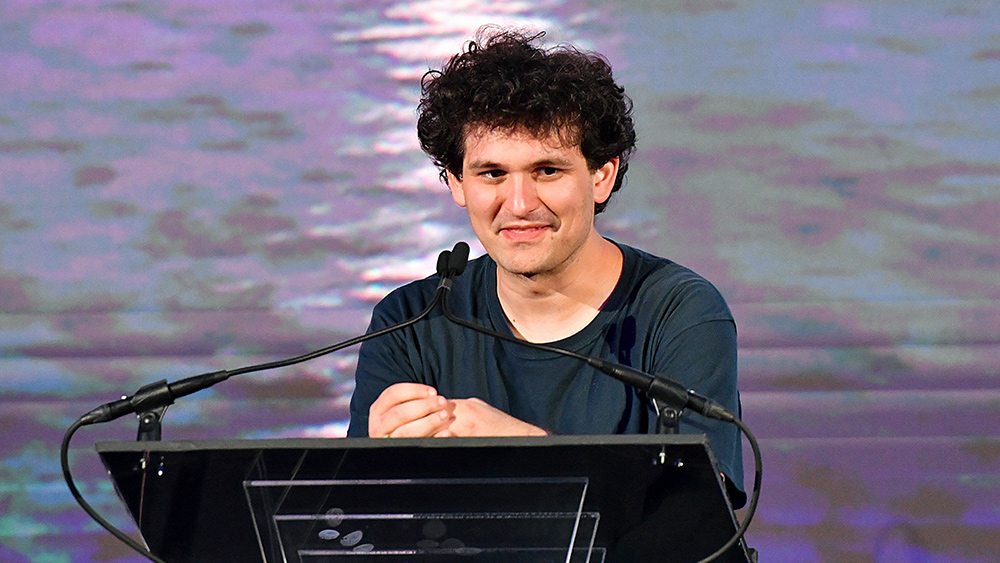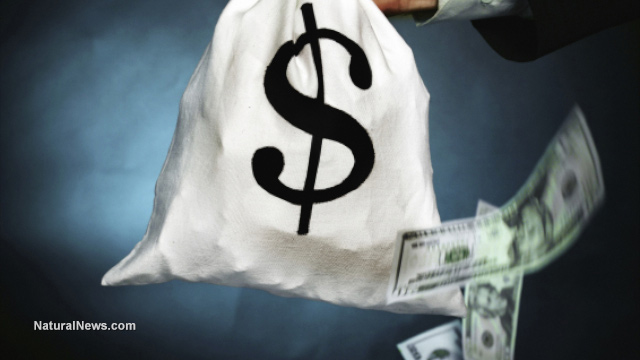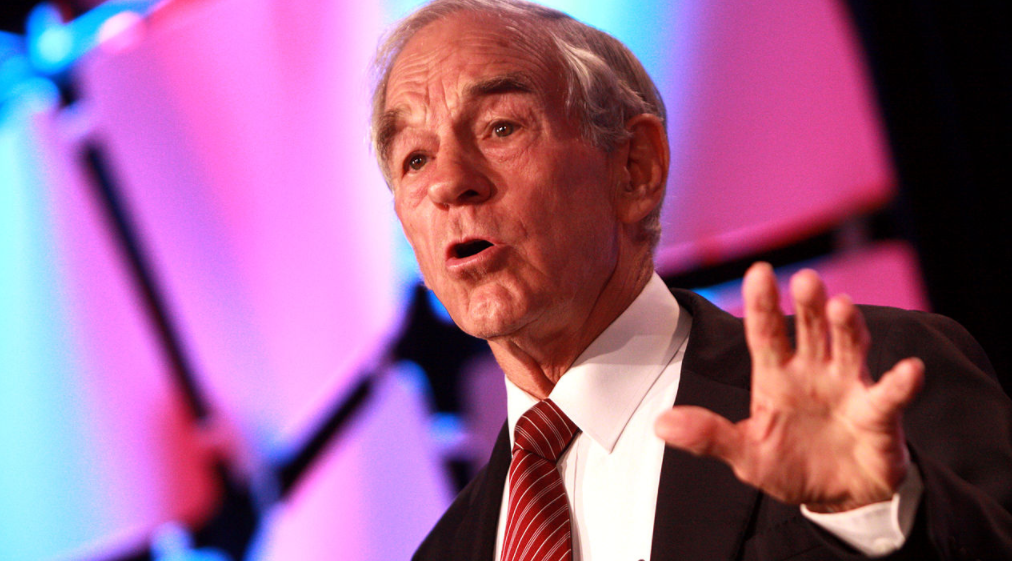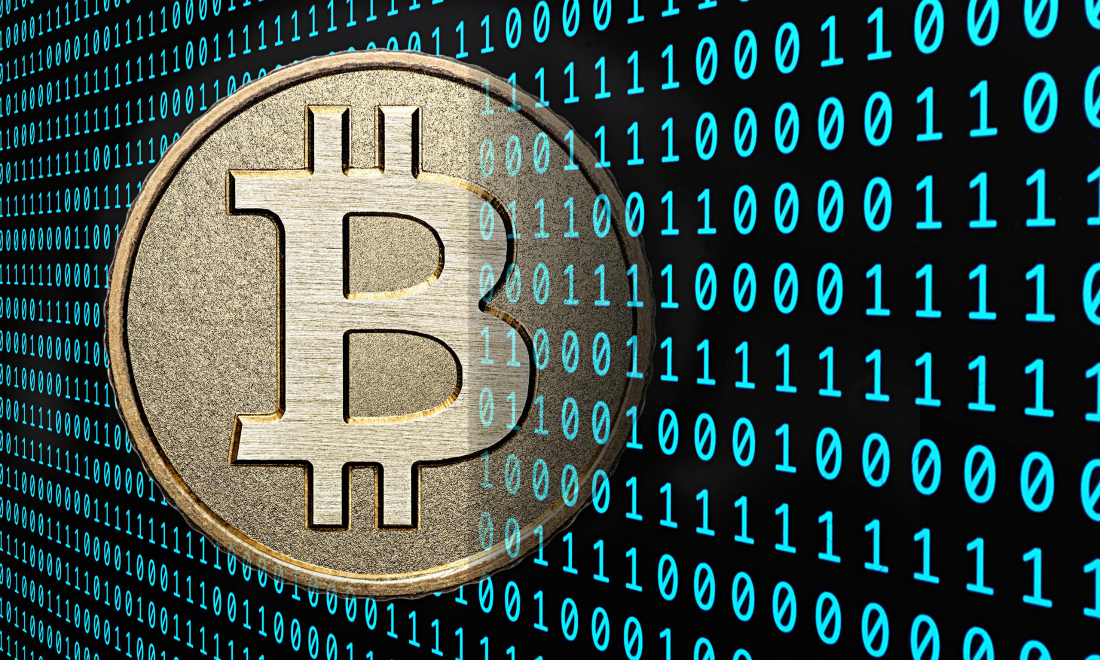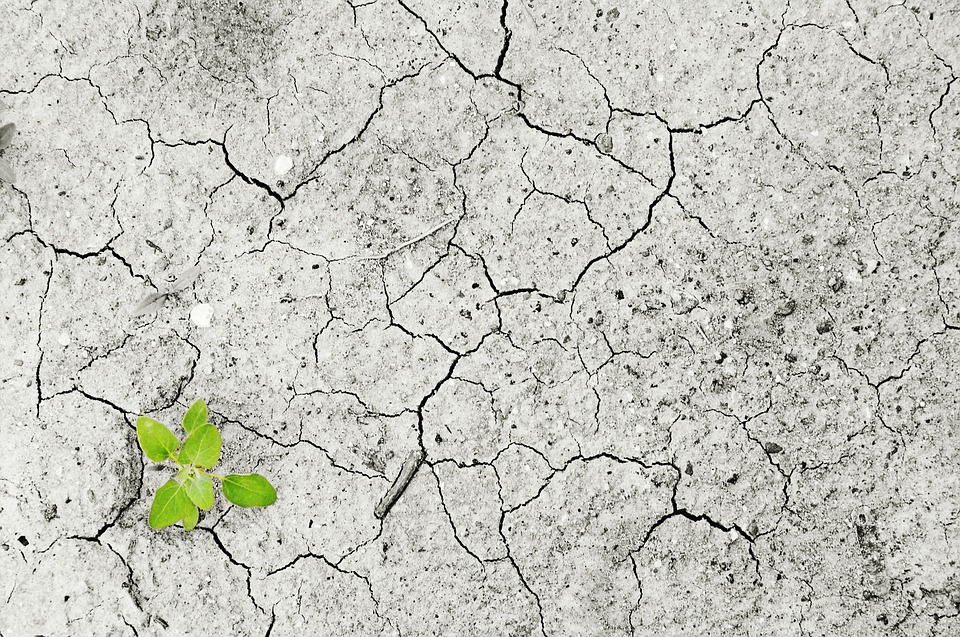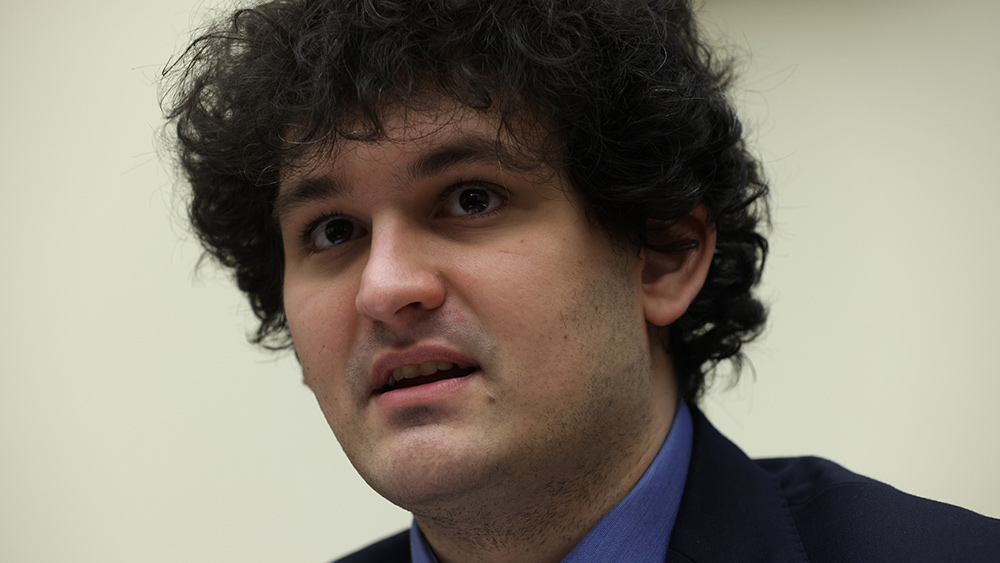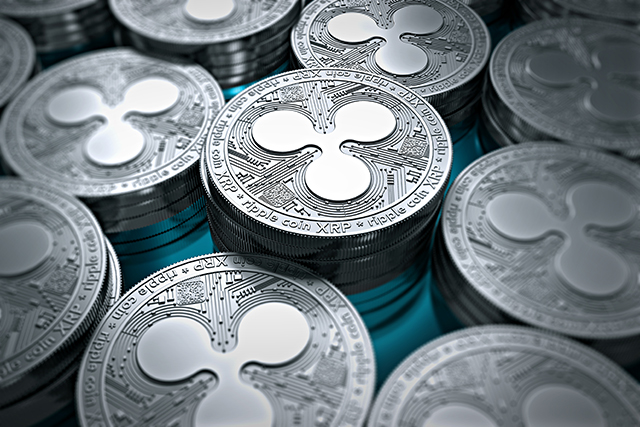IMF chief wants the Federal Reserve to keep raising interest rates
12/01/2022 / By Arsenio Toledo

International Monetary Fund Managing Director Kristalina Georgieva has told the Federal Reserve that it should not slow down its interest rate hikes, which the central bank is doing in its mistaken belief that it will tame soaring inflation.
This is in response to a recent statement made by Fed Chair Jerome Powell saying the Fed may ease off on increasing interest rates by another 75 basis points (0.75 percent) as it had done consecutively for four months straight and will start increasing interest rates by lower percentages. (Related: Central banks are the main source of instability in the world – and their collapse is NECESSARY.)
Speaking to the Associated Press, Georgieva was asked what she thought about the Fed pausing rather than just lowering its interest rate hikes amid concerns that the strengthening American dollar is weakening other currencies around the world, especially those in poorer nations, and contributing to a cost of living crisis for possibly billions of people.
Georgieva rejected this assumption, claiming that the Fed “has no option but to stay the course” until the cost of living in the United States significantly declines.
“They owe it to the U.S. economy, they owe it to the world economy, because what happens in the United States if inflation does not get under control can have also spillover impacts for the rest of the world,” said Georgieva.
She added that inflation data from the US and Europe is still too high and “the data at this point says [it’s] too early to step back.”
“Policymakers are faced with a very difficult time in the year ahead,” said Georgieva. “They have to be disciplined in the fight against inflation. Why? Because inflation undermines the foundation for growth, and it hurts the poor people the most.”
Interest rate hikes will continue, but at a slower pace
Powell’s statement regarding lower interest rate hikes starting in December was made during a speech at the Brookings Institution in Washington, D.C.
Powell announced that the Fed was “slowing down” from its former breakneck pace of 75 basis point interest rate hikes that have prevailed since June.
Higher interest rate hikes slow down economic activity by making the cost of borrowing far too expensive both for consumers and businesses. This discourages spending and investment and shrinks the economy. Smaller rate hikes, while still terrible for economic activity, are being seen as good news by financial analysts since the cost of borrowing would not increase by as much as previously predicted.
“It makes sense to moderate the pace of our rate increases,” said Powell, who added that the Fed is responding to a recent drop in year-over-year inflation as well as the “lag effects” to prices from the central bank’s earlier “rapid” rate hikes.
The federal funds rate, the benchmark that banks use to determine the interest rates they offer to businesses and consumers, has risen from near-zero to 3.75 percent since March. The last time the Fed increased interest rates this quickly was in the 1980s.
Markets have responded positively to Powell’s announcement, but the Fed chair himself noted that there is no chance the central bank will stop raising interest rates or even decrease them anytime soon.
“We think that cutting rates is not something we want to do soon,” he said. “That’s why we’re slowing down and going to try to find our way into what that right level is.”
Learn more about how central banks like the Fed are responding to record inflation at Bubble.news.
Watch this clip of Georgieva believing the global collapse is imminent because central banks didn’t think through the consequences of printing too much money.
This video is from the InfoWars channel on Brighteon.com.
More related stories:
New Zealand’s central bank hikes interest rates by 75 basis points.
Japan’s central bank won’t hike interest rates amid highest inflation in 40 years.
Poland’s central bank predicts double-digit inflation until 2024.
Turkey’s inflation hits 24-year high, but Erdogan insists there’s no need to raise interest rates.
Australia’s central bank may aggressively increase interest rates as inflation hits 32-year high.
Sources include:
Submit a correction >>
Tagged Under:
Bubble, central banks, Collapse, debt collapse, economic collapse, economics, economy, Federal Reserve, finance, inflation, interest rates, International Monetary Fund, Jerome Powell, Kristalina Georgieva, market crash, money supply, rate hikes, risk
This article may contain statements that reflect the opinion of the author
RECENT NEWS & ARTICLES
COPYRIGHT © 2018 MONEYSUPPLY.NEWS
All content posted on this site is protected under Free Speech. MoneySupply.news is not responsible for content written by contributing authors. The information on this site is provided for educational and entertainment purposes only. It is not intended as a substitute for professional advice of any kind. MoneySupply.news assumes no responsibility for the use or misuse of this material. All trademarks, registered trademarks and service marks mentioned on this site are the property of their respective owners.

